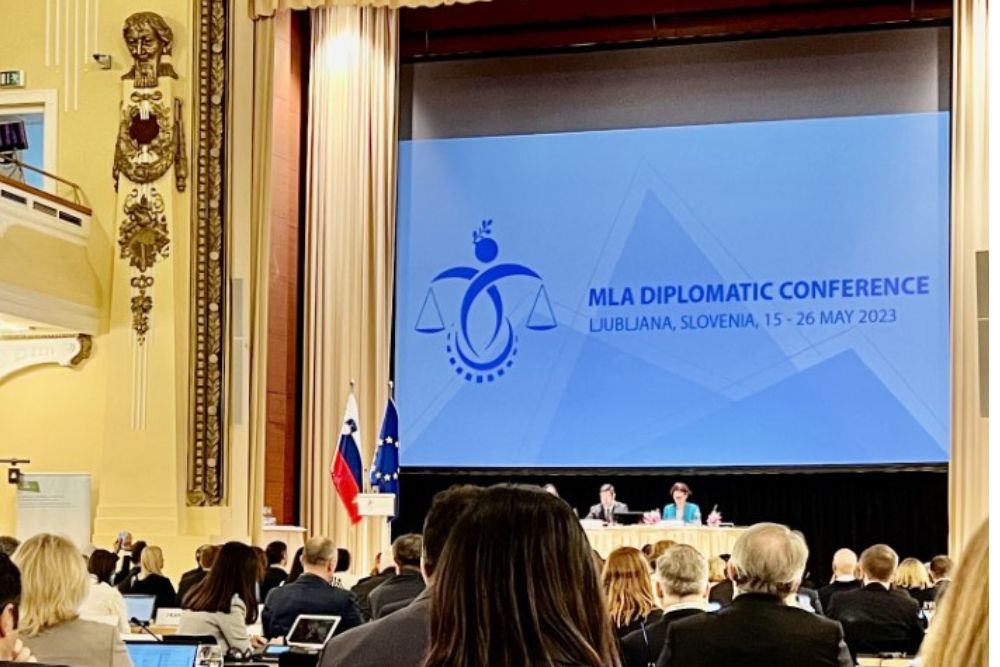
May 31, 2023 | News
The International Commission of Jurists (ICJ) has welcomed the adoption of the Ljubljana-The Hague Convention on International Cooperation in the Investigation and Prosecution of Genocide, Crimes Against Humanity, War Crimes And Other International Crimes (MLAT), on 26 May in Ljubljana Slovenia.
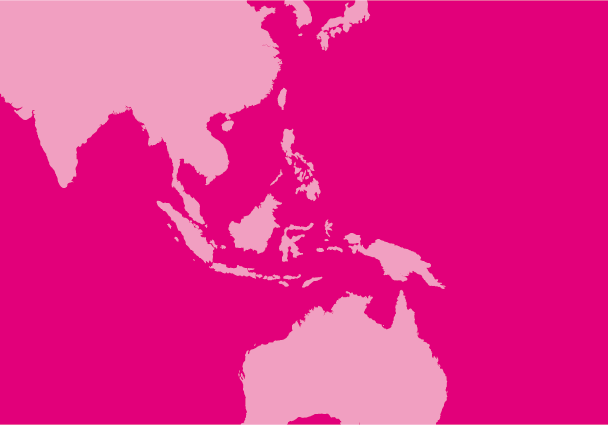
Mar 20, 2007 | News
Experience from around the world has shown that in such acute situations as in Sri Lanka, a professional, impartial and international human rights field operation can play a significant role.
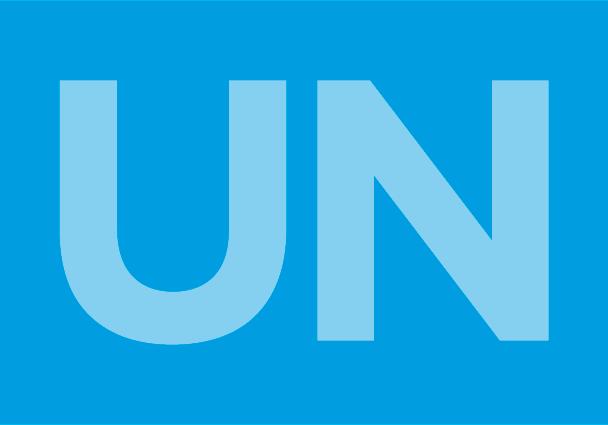
Aug 30, 2000 | News
The ICJ views with concern the decision of the Australian Government to review its participation in the treaty bodies of the United Nations.
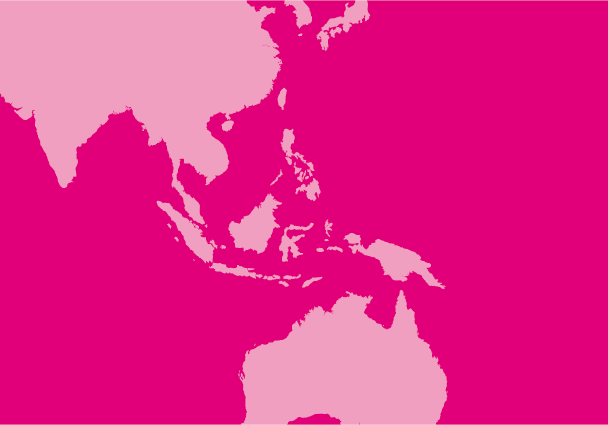
Jul 15, 1997 | News
The ICJ confirmed today that a representative of its Australian section who had travelled to Indonesia to monitor the progress of a number of political trials currently underway had been denied access and deported.
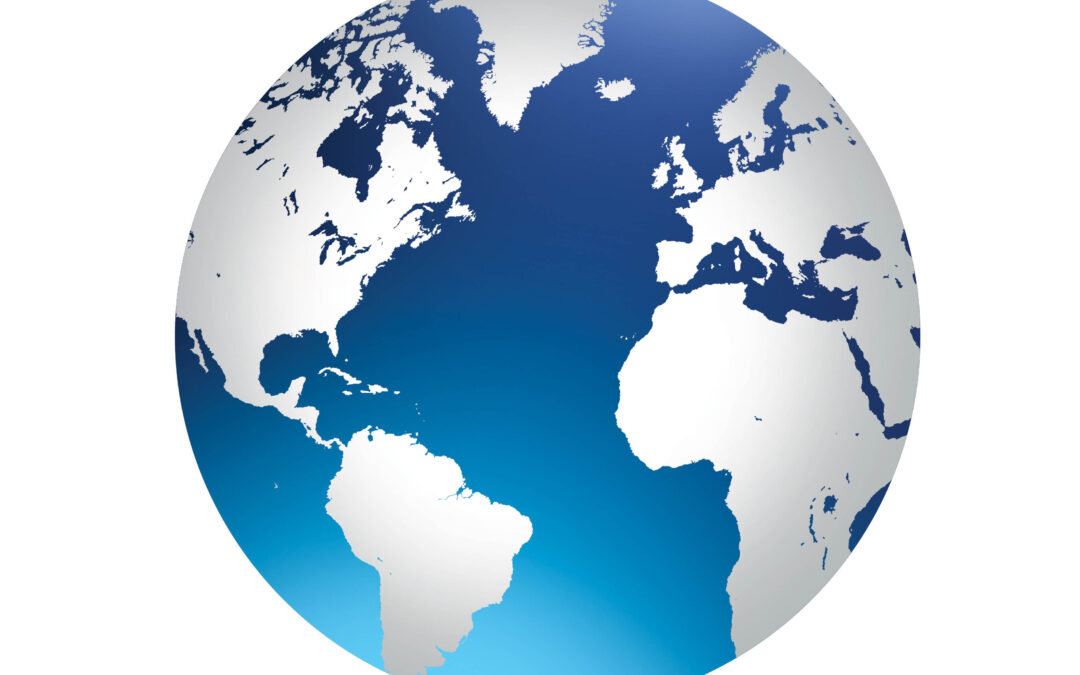
Feb 1, 1995 | News
The ICJ voiced its concern today over the fact that a small clique of States continues to systematically insist on trying to set limitations on the work of human rights defenders.
These defenders are vital to any society. It is they who promote and protect human rights and fundamental freedoms on the ground. Limiting their effectiveness is to limit human rights.
The 10th Session of the UN Working Group on Human Rights Defenders ended last Friday 27 January. But while confirming the need for greater protection for defenders, it has been a profound disappointment. A declaration reinforcing rights for persons and groups promoting the observance of human rights in all countries of the world has been the goal of ten years of annual meetings of the Working Group. And while there has been the persistent call from the international community for a rapid achievement of a “Defenders’ Charter,” this year, only three articles of the Charter were agreed to during the two-week session in Geneva.
Cuba, for instance, never lost one opportunity to suggest that the defenders should act “subject to national law” throughout every operative article ot the proposed Charter. Furthermore, one or two States suggested that defenders should be permitted to defend only “their” own rights. This position was maintained despite reminders from the ICJ and others that many victims are unable to advocate their own rights, such as children, the internally displaced, and the disappeared.
But the ICJ considers it encouraging that notwithstanding the negative attitude displayed by a minority of participants, a clear majority of States and NGOs recognized that the real objectives of the Working Group were sufficiently important to warrant continuation of this body’s efforts in the future. The ICJ hopes that the 1996 Session will be able to adopt a clear and unambiguous Declaration to ensure the protection of human rights workers throughout the world.









